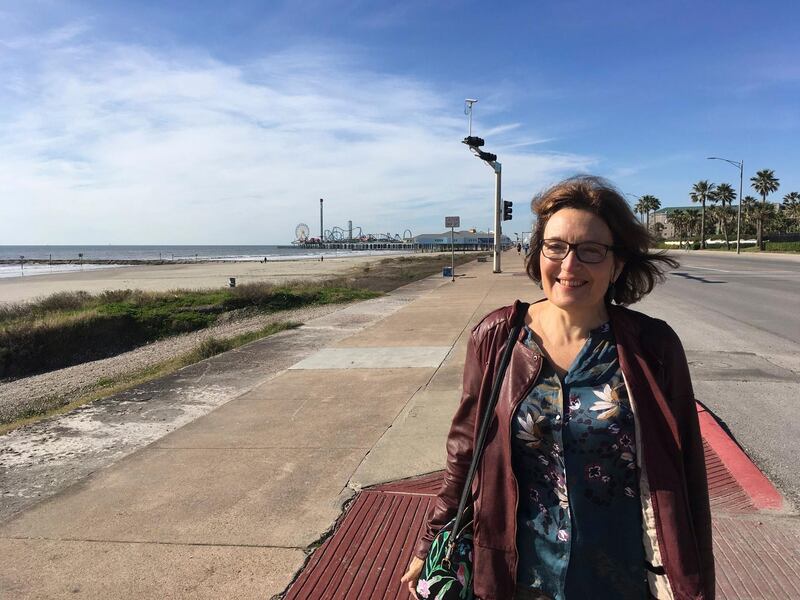An American scientist found dead in a Second World War bunker was killed in a “criminal act” on the Greek island of Crete, a state coroner has confirmed.
Police on the island said the body found on Monday was that of Suzanne Eaton, 59, a molecular biologist at the Max Planck Institute in Dresden, the BBC reported.
Eaton had been on the island for a science conference. It was thought she had gone for a run and colleagues raised the alarm when she failed to return on June 2.
Her passport, wallet, phone, cash, and cycling shoes were in her hotel room but her running shoes were missing.
Family and friends set up a social media page appealing for help in finding her. A funding effort for the search raised more than £30,000 (Dh137,848).
Eaton's body was found by locals exploring tunnels near the port city of Chania, which were used by the Nazis during their occupation of the island in the Second World War.
Authorities launched a major search for her in rural areas near Chania, helped by members of her family and fire service rescuers from Athens.
"We showed respect for her remains which were found in a tunnel," fire service rescue team leader Nikolaos Papaleonidas said.
"The recovery operation was not difficult but it followed an extensive search effort. The tunnel was about 100 metres from a rural road."
The police said officers from Athens including homicide detectives had travelled to the island to lead the investigation.
Coroner Antonis Papadomanolakis said he believed Eaton died about the time she was last seen on July 2.
The Max Planck Institute expressed its sorrow at its employee’s death.
"It is with enormous sadness and regret that we announce the tragic demise of our dearest friend and colleague, Suzanne Eaton," it said.
"We are deeply shocked and disturbed by this tragic event. Suzanne was an outstanding and inspiring scientist, a loving spouse and mother, an athlete as well as a truly wonderful person beloved to us all.
"Her loss is unbearable. Our thoughts and prayers are with her husband Tony, her sons Max and Luke, and with all of her family.”







